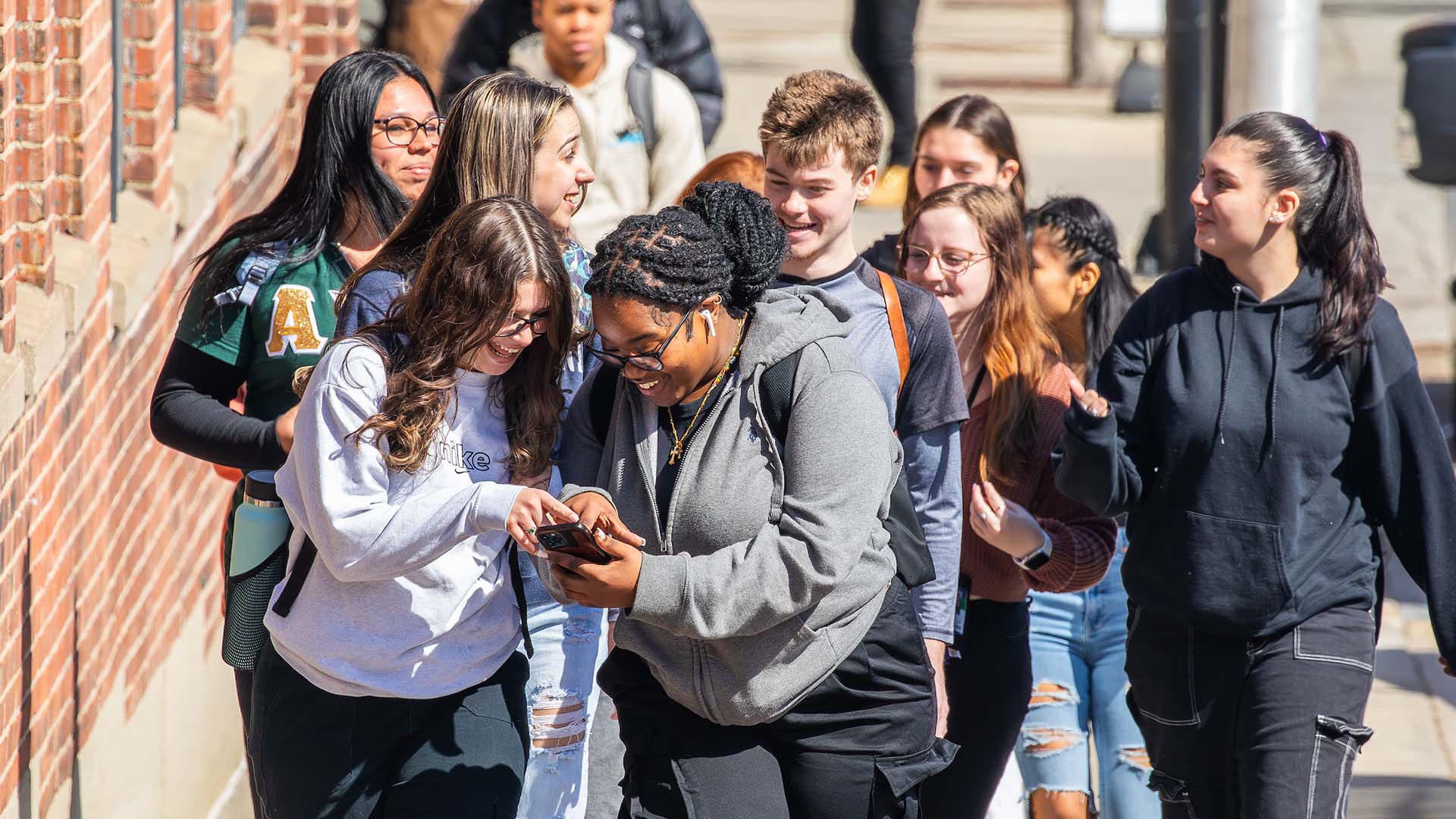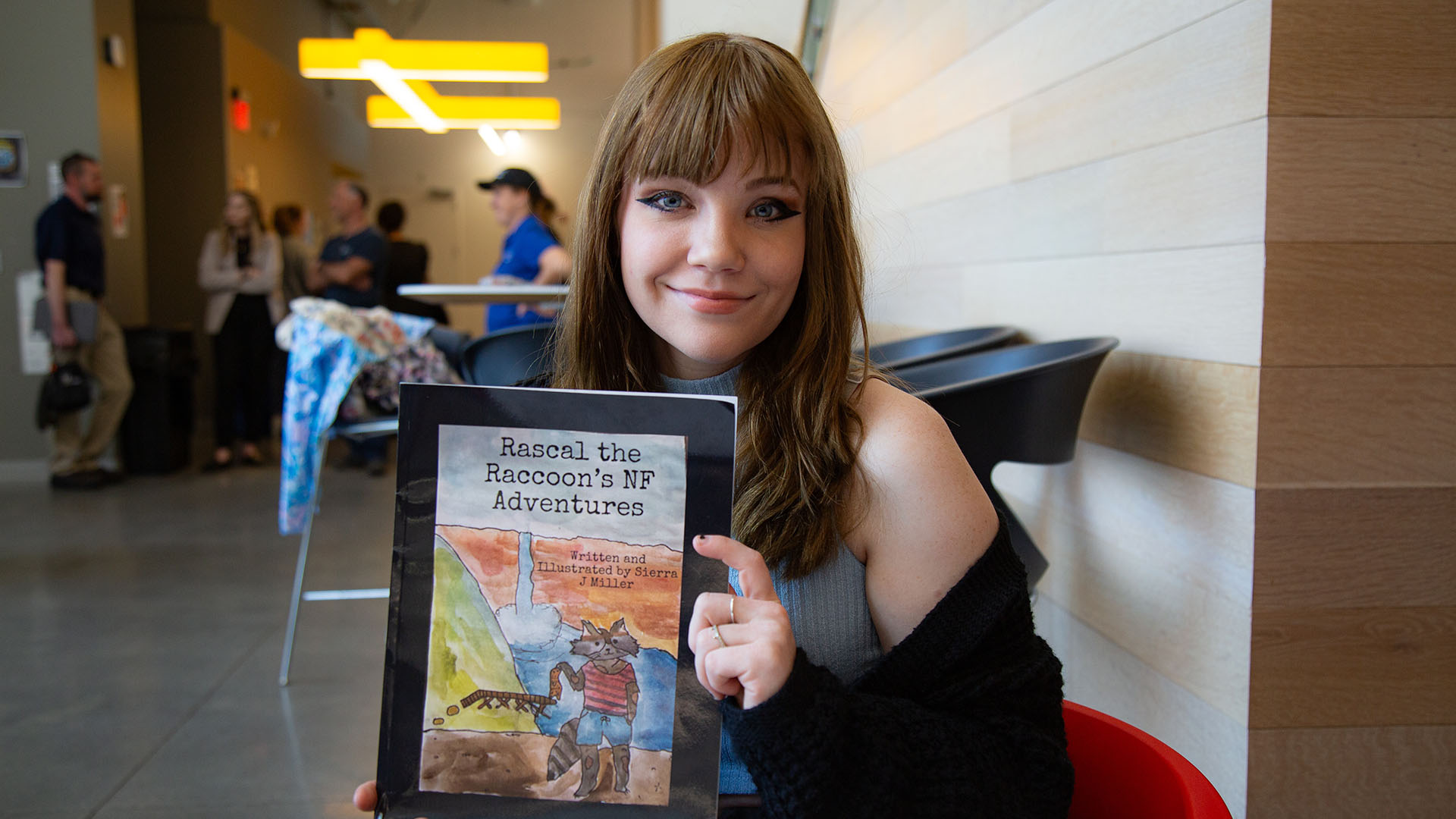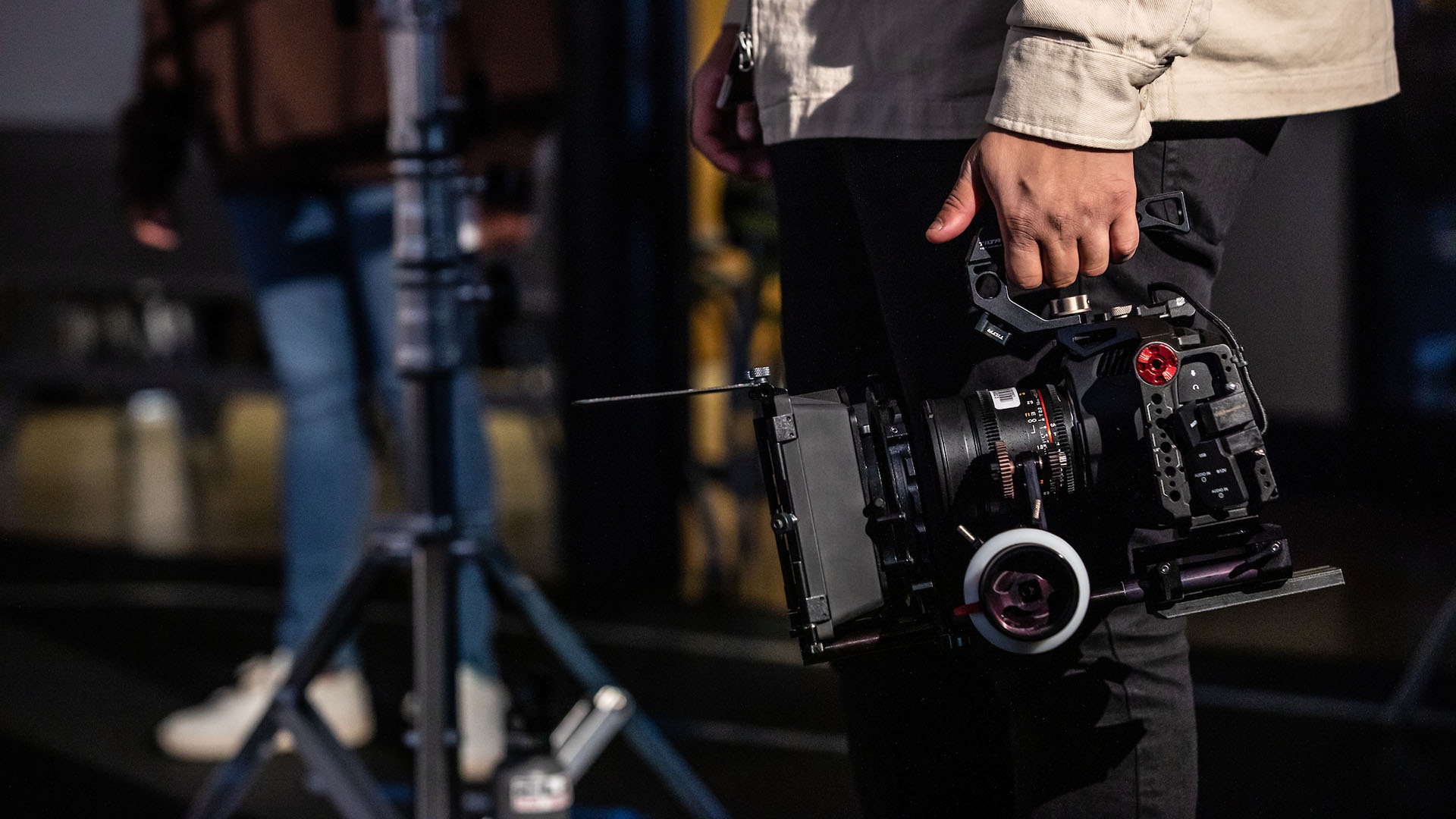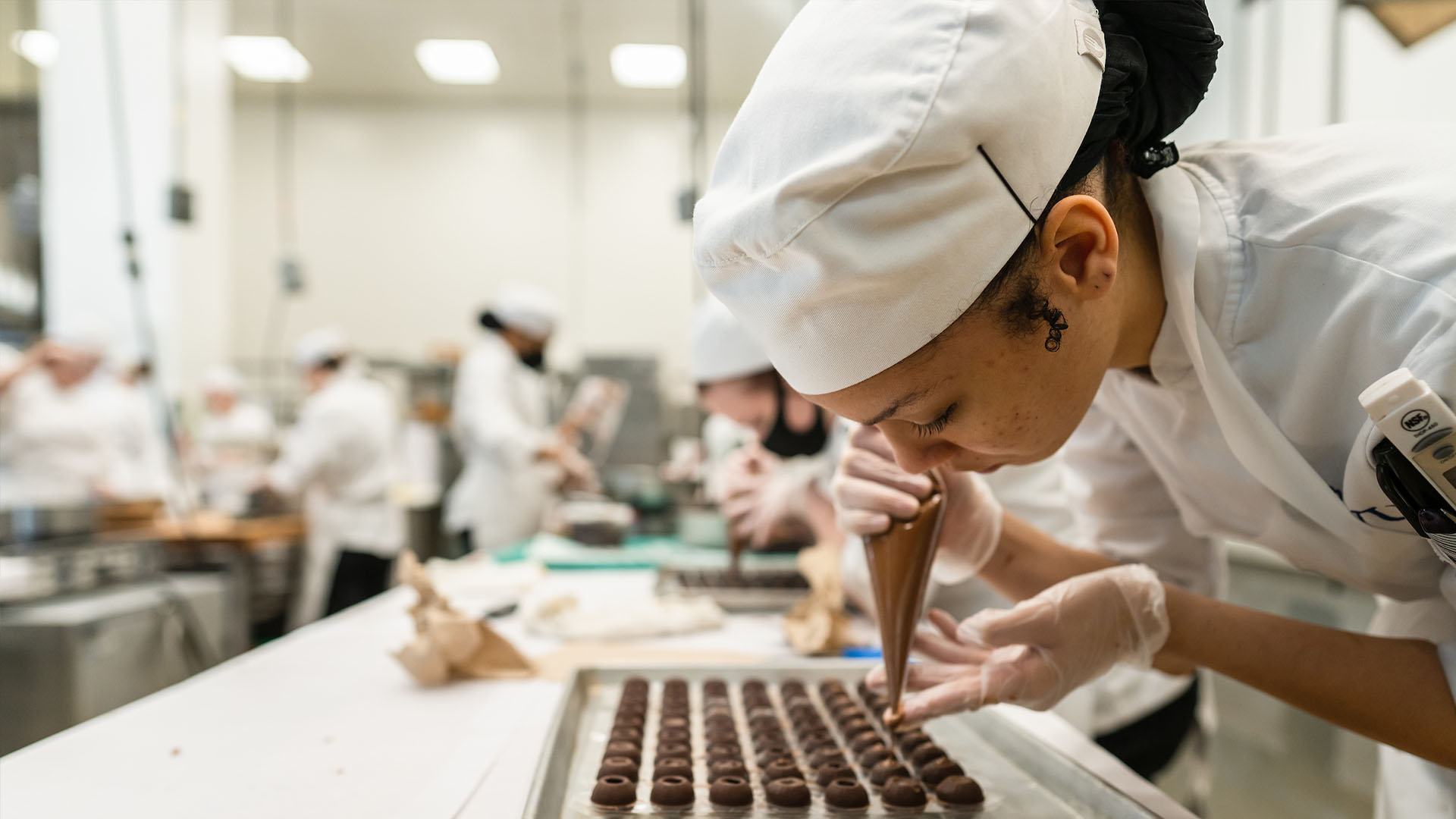Criminal Justice and Psychology Students Learn as a Community
Any student would agree that when you walk into a new class on the first day of school, there is nothing better than seeing a familiar face. It always helps to have a friend to sit next to, partner up with for group work or get notes from when you’re absent.
At JWU, this idea of fostering friendships in the classroom is a key piece to our Collaborative Learning Program (CLP). The CLP is an experience for first-year students in which they take two core courses with the same classmates in both the fall and spring semester of their first year at JWU. Faculty from the College of Business, College of Health & Wellness, College of Engineering & Design and the John Hazen White College of Arts & Sciences work together with the University Library to offer this enhanced learning experience. The goal is to create a mini community where students bond with each other and their professors for a more personalized and integrative education.
Developing the Criminal Justice/Psychology CLP
Typically, the CLP links general education courses in the Arts & Sciences core experience with students’ introductory major discipline courses. But, Criminal Justice Professor Paul Sylvestre, Ph.D., and Psychology Professor Jessica Fede, Ph.D., saw an opportunity to link their programs through a CLP and highlight the strong connection between these two fields.
“It was a novel idea when Professor Fede and I started it eight years ago,” said Professor Sylvestre. “When I first started participating in the CLP, I was partnered with an English faculty member, but it just made so much more sense to link Criminal Justice and Psychology.”
They forged ahead with their new interpretation of the program and, eight years later, they decided to take it to the next level with their Class of 2026 cohort.
“After their first year, this group of students really wanted to continue on together,” Professor Sylvestre said. So, he and Professor Fede spent this past 2023-24 academic year piloting a second-year experience, keeping the same group together for their sophomore year as a Learning Community.
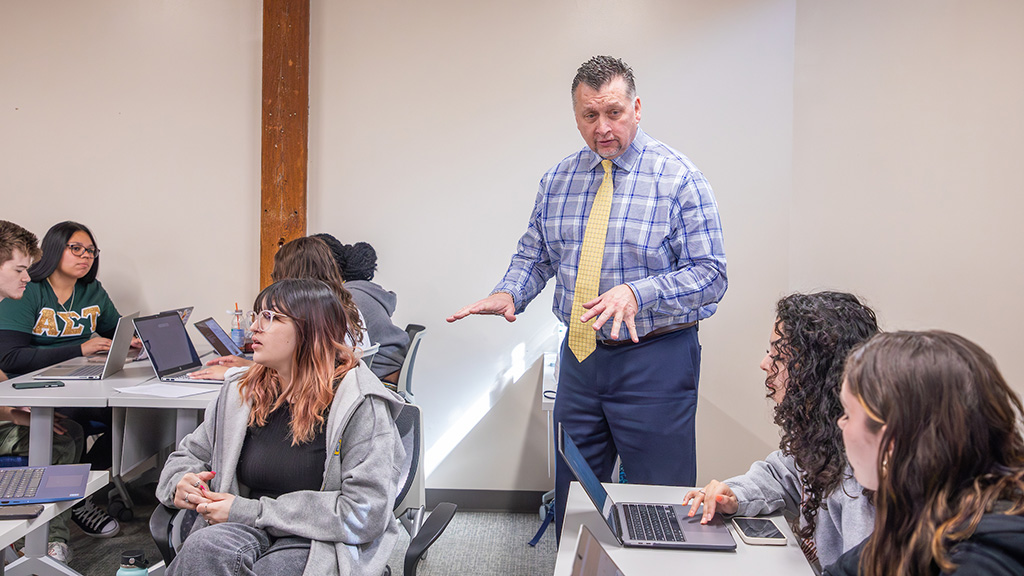
Learning Communities (LCs) are a continuation of the first year CLP program, so the students once again take a sequence of four classes together over the course of a year with the same two faculty members. Each course is connected through assignments that integrate the lessons from each class.
This couldn’t be truer for the Criminal Justice/Psychology community, who spent the spring semester drawing connections between their Social Psychology course with Professor Fede and their Victimology course with Professor Sylvestre to better understand the humanistic side of criminal justice and be able to advocate for victims. The two courses were held back-to-back and the professors developed assignments that complimented each other, making it even easier for one class to seamlessly flow into the next.
“We did research on the collaborative learning communities here at JWU, and we found that retention rates and GPAs were higher for these students,” said Professor Fede.
“And it's not just the retention within the classes they’re taking in the CLP — it's within all their classes,” Professor Sylvestre added. “Because they have this support network, they’re staying focused.
The Students Behind the Community
Aside from the amazing educational benefits, it’s the support and mentorship that is most important to the 17 Criminal Justice students in this second-year cohort.
“It's not only that you have classmates that you can depend on when it comes to assignments and being able to study together, but you have that sense of community with one another — and with your professors, too,” said Ariana Morales ’26. “I'm very close with my professors. It's nice that I can reach out to them at any hour of the day.”
“I look at Professors Fede and Sylvestre like our ‘at-college parents’,” Selena Perez ’26 said. “Professor Sylvester helped me through a difficult time last year. I was able to go to his office hours and just sit there and talk.”
“Professor Fede is almost like our own little therapist because she has experience in the field, and same with Sylvestre,” added Ariana. “I think that's what I like most about them —they both have experience, so they know what they're talking about. And I also like that I can go to them with anything. I know that I'll have them for class on Mondays and Wednesdays, so I can talk to them about any issues I'm having.”
“With the learning community, you don’t have to feel the anxiety of being thrown into another classroom with a new teacher and trying to learn their system,” said Treisy McGowan ’26. “You already know two of your professors, and that way it takes a little bit of the stress off and you're able to build a bond.”
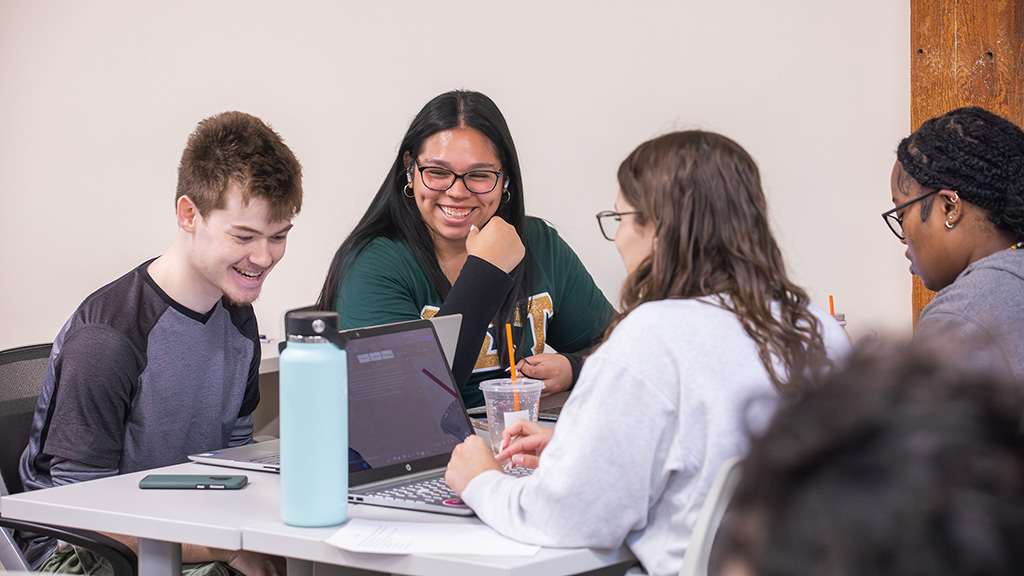
Kelsey Conway ’27, a transfer student who came to JWU and joined the program in Fall 2023 as a junior, has also formed a strong bond with the professors even though she hasn’t been part of the program as long as other students. “They take everything very seriously and help me with everything,” she shared. “I like how when I email them, they answer me right away. They always show that they care, and it just makes it so much easier for me.”
These close bonds are also formed among the students. “There’s just a sense of family,” said Treisy. “Even though my family is back in Minnesota, it still feels like I have a family here, too. If I need help or I’m struggling with homework or anything, I know I can reach out to any of them.”
One must ask — if the professors are the “parents” in this family, are the students like siblings?
“It is like having siblings sometimes,” Treisy said with a laugh. “You can have conflict with another person, but eventually it gets resolved. You can argue and debate in classes, but then after, you're okay.”
What’s next for these students?
After spending the last two years taking classes together, these students are heading into their junior year (and one into their senior year!) ready to continue their pursuit of a variety of dream jobs.
Tyler Tomassini ’26 is excited to continue exploring the option of JWU’s 3+3 B.S./J.D. Law program, which he has already started taking courses for. “I know what direction I'm headed in, because even if I don't continue with the law program, I know I want to start out as a paralegal,” he shared. “So, I'm going to continue my Criminal Justice undergraduate degree no matter what, but I think it’s awesome that JWU offers the law program.”
“I want to be a criminal psychologist or a forensic psychologist because I like criminal justice, but I really enjoy the psychology aspect of it,” said Ariana. “Being able to put those two together in this program makes it much easier for me.”
“I want to be a forensic psychologist as well,” added Marleesa May ’26. “I like to learn about why people do what they do, especially criminals. I want to learn why they do it and how we can prevent it from happening.”
“I'm excited to add the Forensic Science minor to my studies this fall,” Selena shared. “I want to be a crime scene investigator. But if that doesn't work out, I would like to be a forensic technician or a crime lab analyst.”
Others have been inspired by their professors' experience in the field and hope to follow their footsteps. “I really enjoy hearing about Professor Sylvestre’s line of work as a detective in the narcotics division,” Treisy said. “So, I think I want to be a detective in that area.”
Wherever these students go, they will always have a bond with the classmates they shared their time and education with, and their unique lessons will only benefit them in the careers they hope to pursue.
“It's important for Criminal Justice students to see things outside of the silo of criminal justice, so now they will have a deeper perspective,” added Professor Sylvestre. “Through this program, we're creating better students, and we're going to create better career professionals and better people.”
Apply to JWU Visit JWU Transfer to JWU
